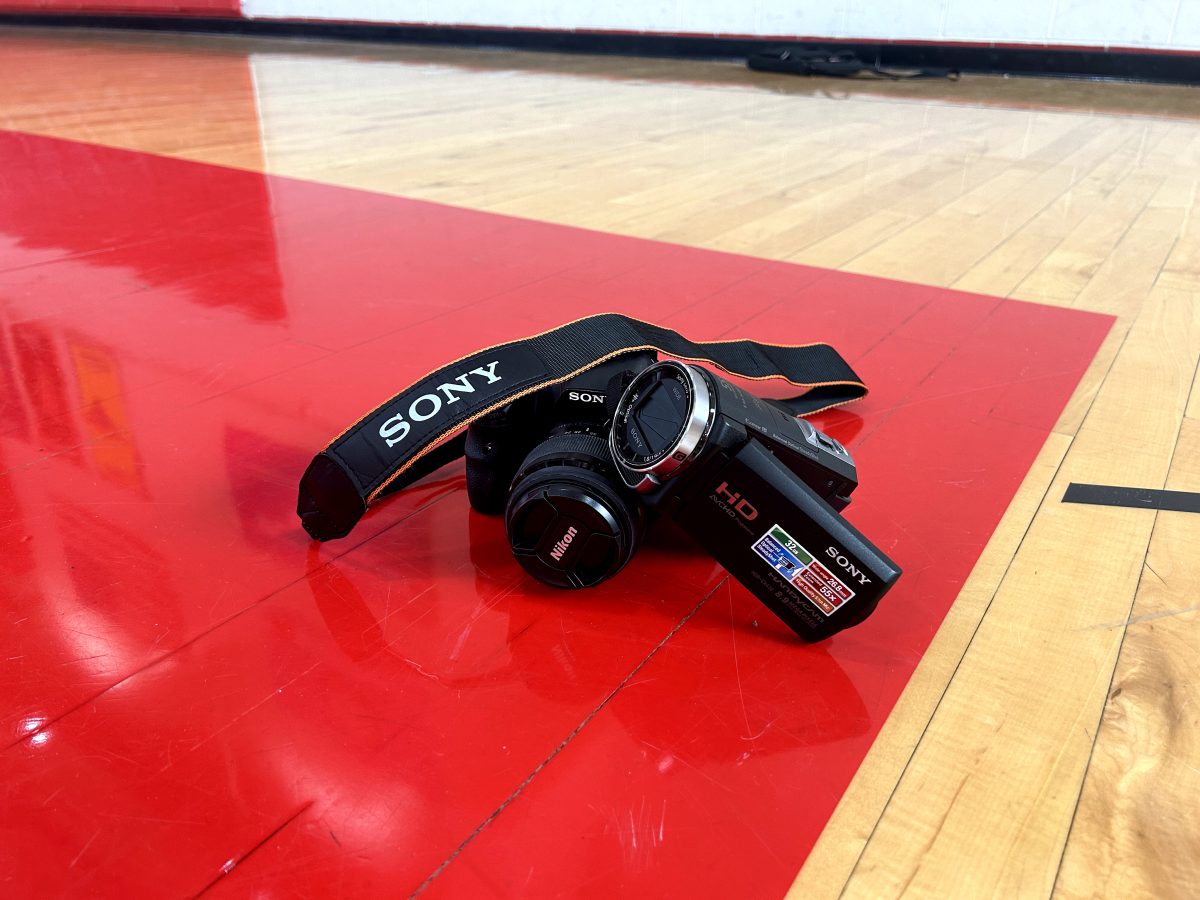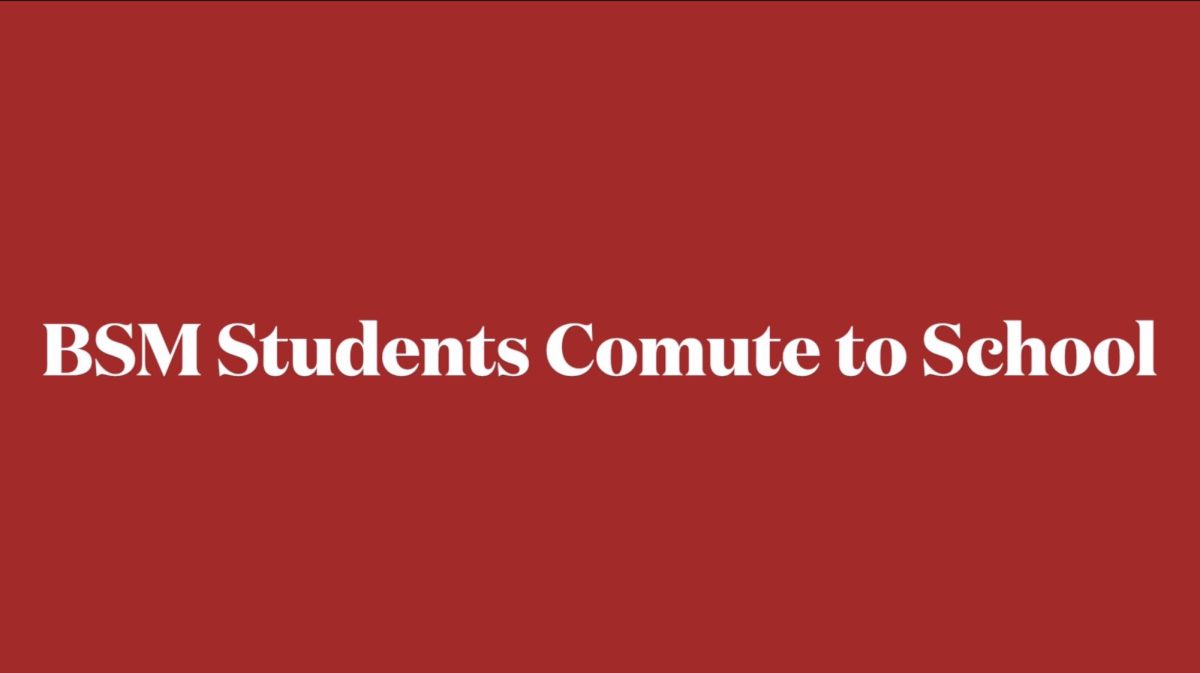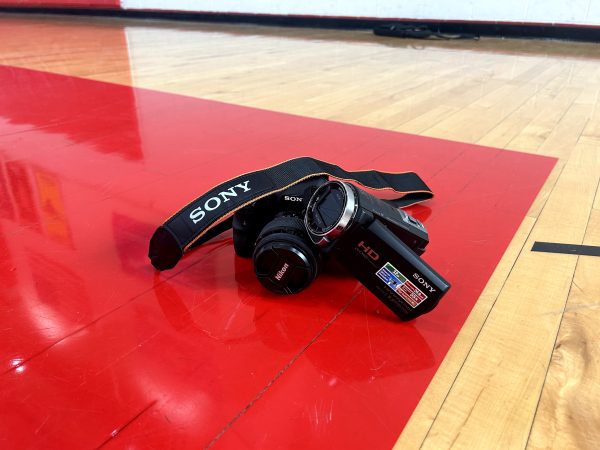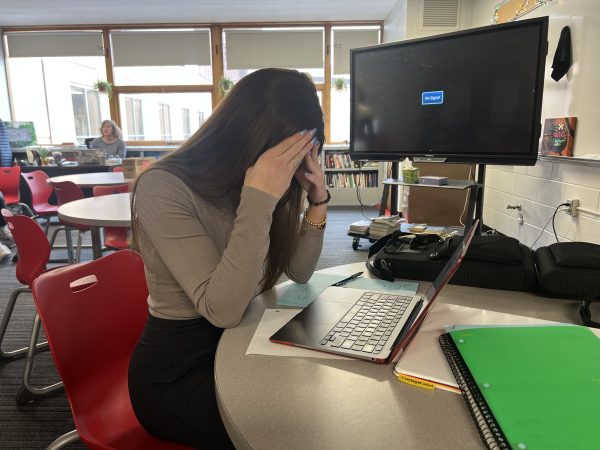Staff Ed: Cell phones in school would help prepare students
While the Pope’s “Year of Mercy” doesn’t end until the Feast of Christ the King on November 20, the BSM Administration has revoked the merciful cell phone policy and established a new policy with excessive punishments.
October 9, 2016
Concerning the unauthorized use of cellphones during the school day, the new BSM Senior High Handbook states, “On the first offense, the student will be required to turn their device into the main office during the school day for 1 week. If the student’s device is confiscated for a second time, the student will be required to turn their device into the main office during the school day for 1 month. If the student’s device is confiscated for a third time (or subsequent times,) the student will be required to turn in their device to the main office during the school day for the remainder of the school year and the student will serve a full day of detention.” The KE Staff is alarmed by the severity of these punishments, especially since our activity presents an opportunity for developing responsible study habits and self-control.
As a college preparatory school, BSM is known for helping students become ready for life after graduation. Living in the 21st-century ensures the presence of personal electronics during everyday activities, including school and work. By choosing to implement blanket punishments for all students using a cell phone between 8:00 am and 2:40 pm, BSM misses out on an opportunity to teach its students the most “real-world” skill of all: self-management.
Teaching self-management cannot be achieved by forcing students to stash their phones in their lockers for seven hours. It requires an environment in which students take accountability for their own education and face the consequences when they fail to do so. In college and the workplace, it’s inarguable that cell phones will be a tool and potential distraction. Like any tool, it’s necessary for students to learn how to handle their phone use responsibly and respectfully for the future. At BSM, consequences against cell phone use have been reset with increasing severity without allowing room for life’s natural consequences to guide students. If phones are distracting enough during class time to detract from a student’s education, that will manifest in their grades, and ultimately in the quality of knowlegde from the class.
Because a student’s capacity for responsibility changes throughout their high school career, freshmen can’t be held to the same standards as seniors. For this reason, we believe that teachers should be allowed to decide phone policies for their own classrooms, allowing passing time, lunches, and free periods for phone use if a student decides to use their unstructured time for recreation. Such a system would closely mirror the rules surrounding laptop use. Students are allowed to spend their free hour scrolling through Buzzfeed, but they must independently decide to close that tab when they have work to do.
If students are given the opportunity to put their phones on silent because they understand that their education is valuable and requires commitment, they will be more responsible and prepared for life outside of BSM. A school helps to guide and raise responsible adults, and for this to happen, students have to be given adult responsibilities.
























































